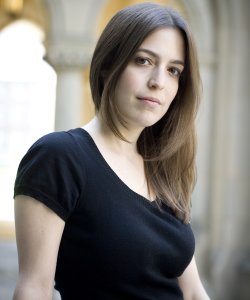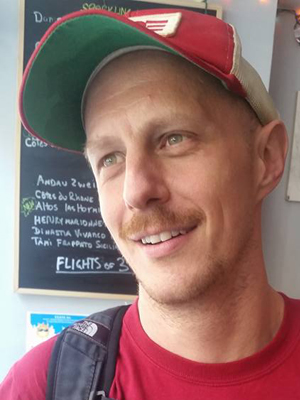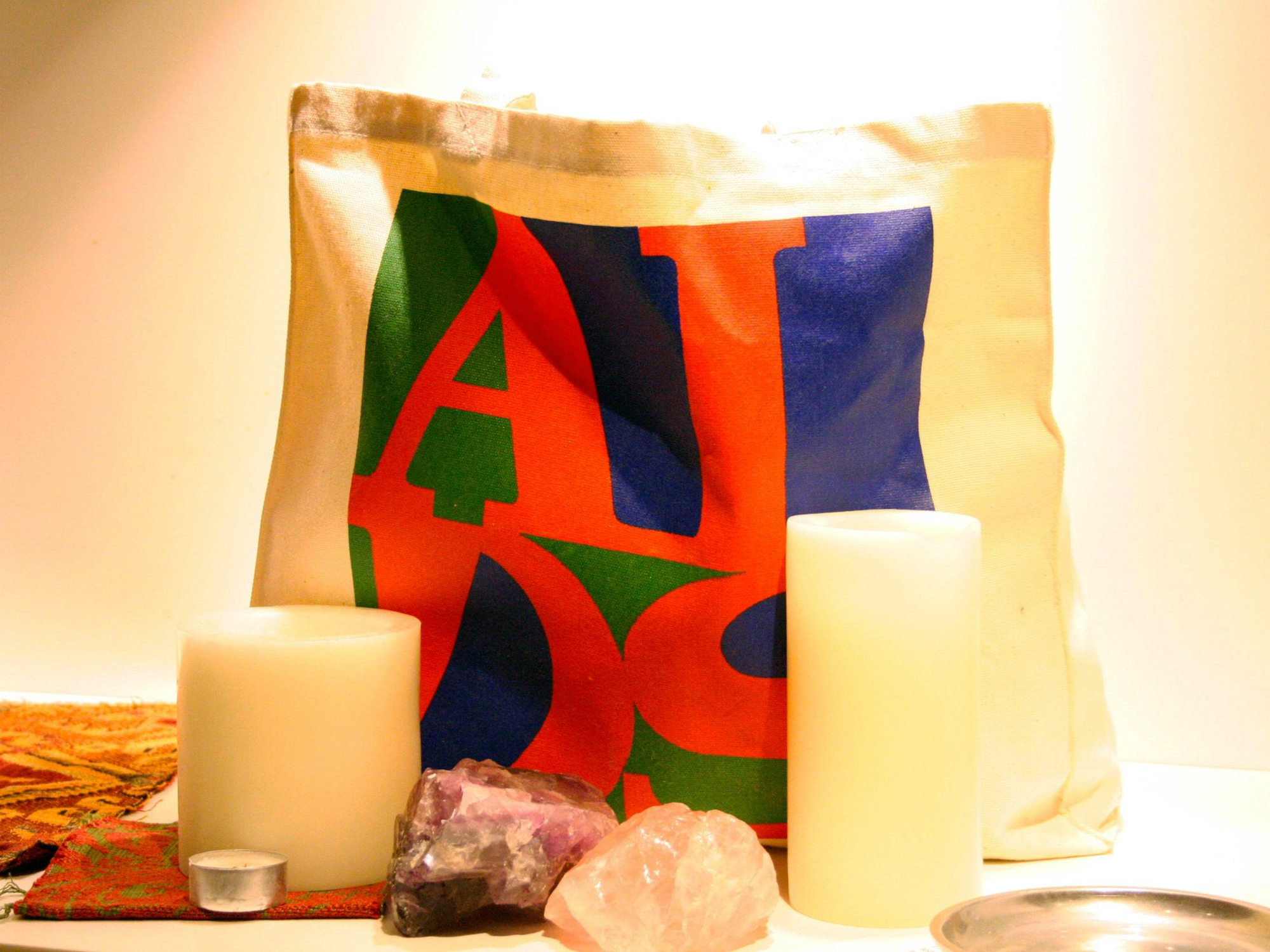Twenty-Two Ways to Teach Poetry, Legitimizing Writing Ambition, and More
Baileys Women’s Prize for Fiction shortlist announced; the intersections of poetry and fashion; the cultural range and wit of the late Umberto Eco; and other news.
Jump to navigation Skip to content
Baileys Women’s Prize for Fiction shortlist announced; the intersections of poetry and fashion; the cultural range and wit of the late Umberto Eco; and other news.
“For the first time, I agreed last year to cotranslate a book from a language I don’t speak at all…. It was an opportunity for new kinds of thinking but also new kinds of failure,” writes poet, novelist, and translator Idra Novey in her essay “Writing While Translating.” Many contemporary writers have expanded the art of translation by experimenting with form and content: Mary Jo Bang filled her translation of Dante’s Inferno (Graywolf Press, 2012) with pop culture references; David Cameron used spell-check and word-association methods for Flowers of Bad (Unbelievable Alligator/Ugly Duckling Presse, 2007), his “false translation” of Baudelaire’s Les Fleurs du Mal; and Paul Legault’s The Emily Dickinson Reader (McSweeney’s Books, 2012) is a translation of Emily Dickinson’s poetry into one-line renderings, from English into a different version of English. Try your hand at translating a short series of poems from one language to another. Use your knowledge of another language, slang, dictionaries, or any unlikely source to explore the elasticity of language while considering how new kinds of failure might inspire a refreshing direction for your writing.

Poets and writers share their notes on writing in this series of micro craft essays. In the latest installment: developing a metaphorical model for your genre.
Theodore (ted) Kerr, is a member of the What Would an HIV Doula Do? collective. He is a Canadian-born, Brooklyn-based writer, organizer, and artist. His work has appeared in the Advocate, Women’s Studies Quarterly, Lambda Literary, BOMB, the New Inquiry, and many other publications. Kerr received his MA from Union Theological Seminary and is the former programs manager for Visual AIDS.
 In 2015, a group of artists, educators, activists, writers, doulas, and healthcare workers came together for an informal think tank to discuss social, cultural, and political issues that surround HIV/AIDS—which include criminalization, stigma, and ways AIDS history is being remembered and disremembered. From there we formed a collective, and started meeting monthly. What became obvious to us soon in the process was that we, as a group, had to check in with each other to figure out what we knew and felt about HIV. Each of us—whether living with the virus or being deeply impacted by it—had different experiences and awareness of the epidemic. At the same time, doula work had become ever more present in our communities—birth doulas, end of life doulas, abortion doulas, gender doulas—folks who fundamentally hold space for someone during a time of transition. We came to understand that we needed to doula ourselves, that is, to hold space for each other in order to better understand the current reality of the virus, to better consider what contemporary responses to AIDS should look like. To do this, we began with a question: What would an HIV doula do?
In 2015, a group of artists, educators, activists, writers, doulas, and healthcare workers came together for an informal think tank to discuss social, cultural, and political issues that surround HIV/AIDS—which include criminalization, stigma, and ways AIDS history is being remembered and disremembered. From there we formed a collective, and started meeting monthly. What became obvious to us soon in the process was that we, as a group, had to check in with each other to figure out what we knew and felt about HIV. Each of us—whether living with the virus or being deeply impacted by it—had different experiences and awareness of the epidemic. At the same time, doula work had become ever more present in our communities—birth doulas, end of life doulas, abortion doulas, gender doulas—folks who fundamentally hold space for someone during a time of transition. We came to understand that we needed to doula ourselves, that is, to hold space for each other in order to better understand the current reality of the virus, to better consider what contemporary responses to AIDS should look like. To do this, we began with a question: What would an HIV doula do?
Since then, our collective has worked to bring community back to the HIV response and begin a conversation around how to ensure that the state and AIDS nonprofit organizations work for people living with the virus, and not the other way around. We do our work in open meetings and at events. AIDS is a public issue and should be treated as such. Long before the response to HIV became professionalized, before it even had a name, the communities affected by it responded in the streets. They protested, walked each other’s dogs, carried caskets, filed paperwork, saved art, held each other’s hands. In the course of our work, we have been reminded of a fundamental truth about the epidemic: No one gets HIV alone. And so no one should have to deal with it alone. When it comes to the virus, it is always, HIV with. So when the opportunity to work with Poets & Writers came up, we jumped at the chance to use writing as a way to bring together people who were living with HIV, or have been deeply impacted by it.
 With the support of Poets & Writers, we created a five-part workshop series titled HIV WITH. For each session, a different theme—trauma, spirituality, public health, language, witnessing—and its relation to HIV would be explored under the guidance of a writer and a cofacilitator. For the second workshop of the series, poet and educator Timothy DuWhite and dancer and healer iele paloumpis came together to explore HIV through the interconnected systems of the mind, body, soul, and government. After delivering a powerful presentation on how the state often fails and targets people of color when it comes to HIV, the facilitators assigned writing prompts that had us respond to the ideas presented. iele invited us to get up from our seats, and—based on writing we had done in the room—use our bodies to express a journey we have had with HIV. As a writer, I was moved by this exercise. By the end of the workshop, I felt compelled to write more, buoyed by the shared experience of cracking spines, tears, hugs, comfort eating, and putting proverbial pen to paper.
With the support of Poets & Writers, we created a five-part workshop series titled HIV WITH. For each session, a different theme—trauma, spirituality, public health, language, witnessing—and its relation to HIV would be explored under the guidance of a writer and a cofacilitator. For the second workshop of the series, poet and educator Timothy DuWhite and dancer and healer iele paloumpis came together to explore HIV through the interconnected systems of the mind, body, soul, and government. After delivering a powerful presentation on how the state often fails and targets people of color when it comes to HIV, the facilitators assigned writing prompts that had us respond to the ideas presented. iele invited us to get up from our seats, and—based on writing we had done in the room—use our bodies to express a journey we have had with HIV. As a writer, I was moved by this exercise. By the end of the workshop, I felt compelled to write more, buoyed by the shared experience of cracking spines, tears, hugs, comfort eating, and putting proverbial pen to paper.
So much of writing is about being vulnerable on the page, alone, and then sending it out into the world. So much about HIV is about our bodies, risk, and judgement. Support from Poets & Writers has enabled the What Would an HIV Doula Do? collective to build communal spaces where we can work to reduce the harm of HIV, transform the pain and stigma surrounding it, and be active participants in ensuring it metamorphosizes into health and resilience, through written word. As we continue to uncover what the response to HIV is and needs to be, we are reminded by opportunities like this workshop series that we need each other, that we have each other, and writing can be a way of healing.
Support for the Readings & Workshops Program in New York City is provided, in part, by public funds from the New York State Council on the Arts, and the New York City Department of Cultural Affairs, with additional support from the Louis and Anne Abrons Foundation, the Axe-Houghton Foundation, the A.K. Starr Charitable Trust, and Friends of Poets & Writers.
Photos: (top) Theodore Kerr (Credit: William Johnson). (bottom) HIV WITH altar (Credit: Theodore Kerr).Russian poet Yevgeny Yevtushenko has died; Abbad Yahya’s novel banned in Palestine; novels about female friendship; and other news.
Black Mountain Institute acquires the Believer; American Prison Writing Archive receives a $262,000 grant; the public versus the private life of the writer; and other news.
Milkweed Editions has announced the finalists for the 2017 Lindquist & Vennum Prize for Poetry. The annual award is given for a poetry collection by a writer residing in Minnesota, Iowa, Wisconsin, North Dakota, or South Dakota. The winner receives $10,000 and publication by Milkweed.
The six finalists are The Account of Worms by Angela Voras-Hills, Gatekeeper by Patrick Johnson, Homeboys With Slipped Halos by Michael Torres, Solve for Desire by Caitlin Bailey, To Afar From Afar by Soham Patel, and Wait by Paige Riehl.
The Milkweed editors selected the finalists from a pool of more than two hundred manuscripts; the final judge is poet Srikanth Reddy, who will announce the winner April 19. Visit the Milkweed Editions website to learn more about the finalists.
Cosponsored by the Lindquist & Vennum Foundation and Milkweed Editions, the Lindquist & Vennum Prize for Poetry was established in 2011 with the goal of “supporting outstanding poets from the upper Midwest and bringing their work to the national stage.” Previous winners include Chris Santiago, Jennifer Willoughby, Michael Bazzett, Rebecca Dunham, and Patricia Kirkpatrick.
Milkweed Editions is a Minneapolis-based independent publisher of literary fiction, nonfiction, and poetry.
Photos, clockwise from top left: Patrick Johnson, Soham Patel, Paige Riehl, Angela Voras-Hills, Michael Torres, Caitlyn Bailey.
Bob Dylan to finally accept Nobel Prize this weekend; a recently discovered cache of letters from the suffrage movement; Christopher Soto wins Split This Rock’s social justice and poetry award; and other news.
“So why not / make a soup / of what’s left? Why / not boil & chop / something outside / the mind...” Kevin Young reads “Ode to Gumbo” from his poetry collection Dear Darkness (Knopf, 2008) at the Bowery Poetry Club in New York City.